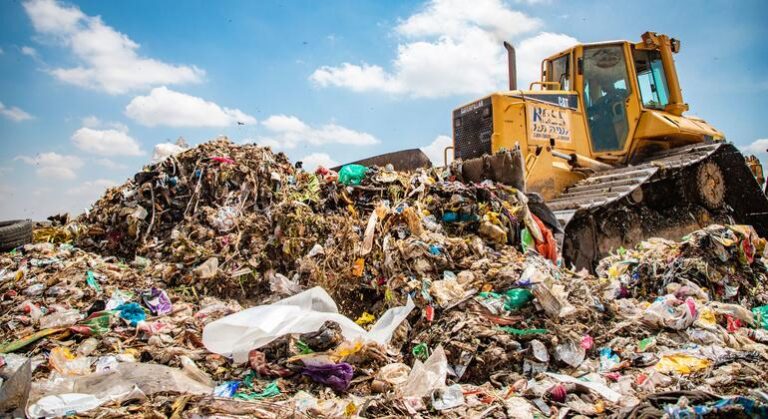In a scathing report to the Human Rights Council, Special Rapporteur David Boyd highlights that current business practices, particularly large corporations, pose a serious threat to the ecological health of the planet. did.
The “huge influence” of the ultra-rich
Mr Boyd highlighted the “enormous impact” on natural resources, which are being consumed six times faster than the planet can sustain them.
“Led by the ultra-rich with their private jets, yachts, mansions, space travel and lifestyles of over-consumption, humanity is exceeding the carrying capacity of the Earth,” the report states in stark terms, adding that the world's most developed It focuses on a country's ecological footprint.
“If everyone consumed as much as the average American, we would need four more planets to provide the resources and absorb the waste,” he added.
serious impact
“We are sabotaging Earth's life support systems, with serious implications for human rights,” he warned.
We are sabotaging Earth's life support systems, with serious implications for human rights
– David Boyd
It added that countries are failing to adequately regulate, monitor, prevent and punish corporate climate, environmental and human rights abuses.
“The situation is made worse by the state often encouraging, enabling and subsidizing destructive corporate activities.”
An independent expert appointed by the Human Rights Council has highlighted some of the most destructive impacts of corporations on the right to a clean, healthy and sustainable environment.
These include so-called “greenwashing” which undermines scientific facts and allows the use of corruption and litigation to silence debate and intimidate critics. The impact is documented in a policy brief supplementing Boyd's report.
“All businesses have a responsibility to respect human rights, including the right to a healthy environment,” he said, adding that states' obligations to protect human rights from actual and potential harm that businesses may cause and businesses' He emphasized the obligation to hold people accountable.

deep inequality between the rich and the poor;
paradox
Mr Boyd also highlighted the contradictions facing the international community.
He said it was essential to reduce the ecological footprint to slow climate change, while also acknowledging the need to increase access and availability of energy and materials in the Global South.
This is critical to achieving a comfortable standard of living and the full enjoyment of human rights, he argued, and called on developed countries to take the lead in the effort.
“Wealthy countries must take the lead to reduce their own footprint and finance sustainable and equitable growth in the Global South.”
Prioritize profit rather than profits
Independent experts have identified several ways to achieve ecological sustainability, including a shift away from measuring gross domestic product (GDP), which places a monetary value on all economic activity as the sole indicator of progress. Recommendations were presented.
He also called for the introduction of human rights due diligence laws, rights-based climate and environmental laws, holding polluters accountable, and promoting a new business paradigm that prioritizes society's interests over shareholder interests.
“Paradoxically, businesses have an important role to play in supporting society’s quest for a just and sustainable future. We therefore promote good practices and put people and the planet above profits. We need to require all companies to shift to a paradigm that favors them,” Boyd said.
The Special Rapporteur is not a United Nations official and is independent from any government or organization. They serve in a private capacity and do not receive a salary for their work.


